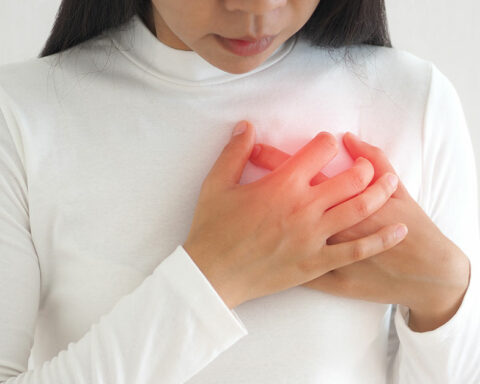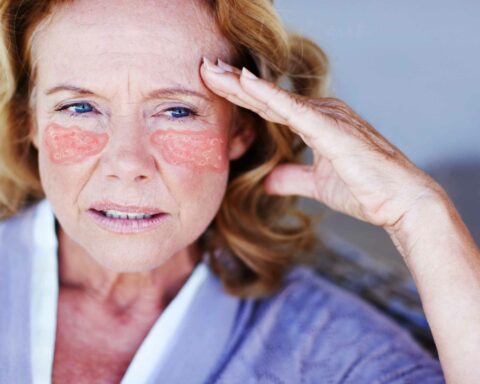Psoriatic arthritis (PsA) is a chronic autoimmune disease that affects millions of people around the world. It typically occurs in people with psoriasis, a skin condition that causes red, scaly patches on the skin. PsA can cause inflammation and damage to joints, as well as other parts of the body, such as the eyes, heart, and lungs. Severe PsA can cause significant pain, disability, and reduced quality of life. In this comprehensive guide, we will discuss what you need to know about severe PsA, including symptoms, causes, risk factors, diagnosis, and treatment.
Symptoms of severe PsA:
Severe PsA can cause a range of symptoms that can vary from person to person. Some common symptoms of severe PsA include:
Joint pain and swelling: This is the most common symptom of PsA. Joint pain and swelling can occur in any joint, but are most common in the fingers, toes, and lower back.
Stiffness: People with PsA may experience stiffness in their joints, particularly in the morning or after periods of inactivity.
Fatigue: Severe PsA can cause fatigue and tiredness, which can impact a person’s daily activities.
Reduced range of motion: PsA can cause reduced range of motion in the affected joints, making it difficult to perform certain activities.
Nail changes: PsA can cause changes in the nails, including pitting, ridges, and discoloration.
Eye problems: Severe PsA can cause inflammation in the eyes, which can lead to redness, pain, and blurred vision.
Skin problems: PsA is often associated with psoriasis, a skin condition that causes red, scaly patches on the skin.
Causes of severe PsA:
The exact cause of severe PsA is not yet known, but it is believed to be an autoimmune disease. In autoimmune diseases, the body’s immune system attacks healthy cells and tissues, causing inflammation and damage. In PsA, the immune system attacks the joints and other parts of the body, causing inflammation and damage. There are several factors that are believed to contribute to the development of severe PsA, including:
Genetics: PsA is known to run in families, suggesting that genetics may play a role in the development of the disease.
Environmental factors: Environmental factors, such as infections or injuries, may trigger the development of PsA in people who are genetically predisposed to the disease.
Immune system dysfunction: In PsA, the immune system appears to be dysregulated, causing it to attack healthy tissues.
Risk factors for severe PsA:
There are several factors that can increase a person’s risk of developing severe PsA, including:
Family history: People with a family history of PsA or psoriasis are at increased risk of developing the disease.
Psoriasis: People with psoriasis, particularly severe psoriasis, are at increased risk of developing PsA.
Age: PsA can occur at any age, but is more common in people between the ages of 30 and 50.
Gender: PsA affects men and women equally, but some studies suggest that men may be more likely to develop severe forms of the disease.
Obesity: Obesity is a known risk factor for PsA, as it can increase inflammation in the body.
Diagnosis of severe PsA:
The diagnosis of severe PsA typically involves a combination of a physical exam, medical history, and laboratory tests. During the physical exam, your doctor will examine your joints and look for signs of inflammation or damage. Your doctor may also ask you about your medical history and any symptoms you have been experiencing.
- Chickpeas vs. Garbanzo Beans: What’s the Difference? - April 19, 2024
- How to Manage or Improve Anxiety - September 21, 2023
- The birth of a company - July 29, 2023






